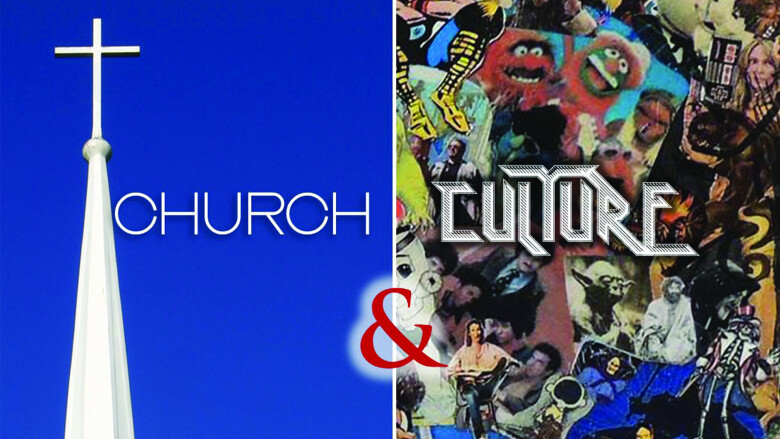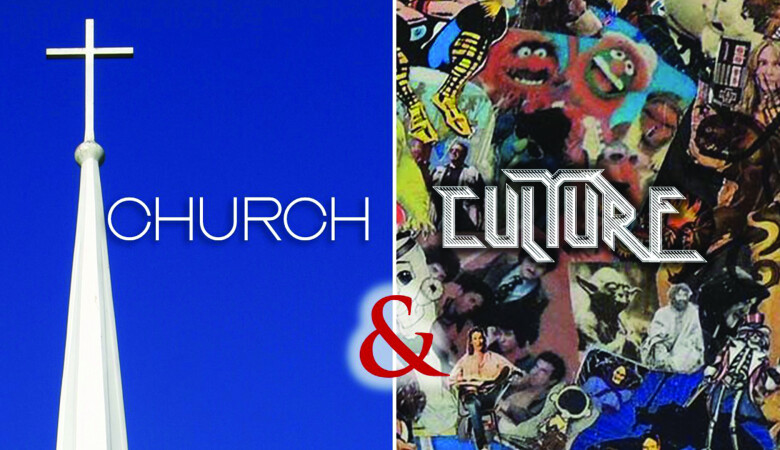Series: Church and Culture
Programs, Polity, and People
November 01, 2020 | Brandon Lenhart
Passage: Acts 2:47-
Interactive Sermon Notes
You can add your own personal sermon notes along the way. When you're finished, you'll be able to save your notes as a .pdf file.
Follow Along with the Message
Series Information

October 2020

